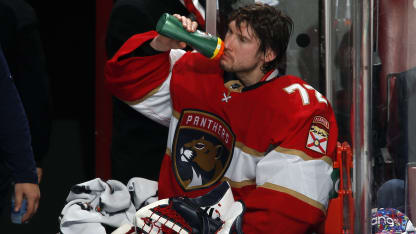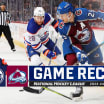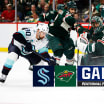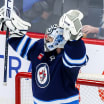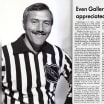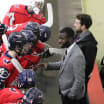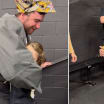It's that engagement, being locked in and constantly focused, that can be draining on a game day.
"Even though you prepare your body the same, the difference is in your head," said Markstrom, who is tied for sixth among NHL goalies during the past three seasons with 158 starts. "You're not in your bubble all day."
Demko couldn't imagine trying to stay in that mental space each game.
"I'm obviously coming to the rink with a mindset I might be playing but if you have that starting mindset for 82 games, I think you're just doing more harm than good at that point," Demko said.
That may be the real benefit of balanced workload for goalies.
"When you're not playing, you're actually on the ice way more, which is a good thing, but it's not necessarily physical rest," said Rinne, who played a career-high 73 games in 2011-12 and has averaged more than 61 games during the past five seasons. "It's a mental break and a chance to regroup and work on things and I always find that when you play, 60 to 70 games it's such a mental challenge just balancing the ups and downs of the season. It's a grind. It's a long season, and even when things are good, it's still weighs on you. The biggest thing is being able to stay fresh mentally."
